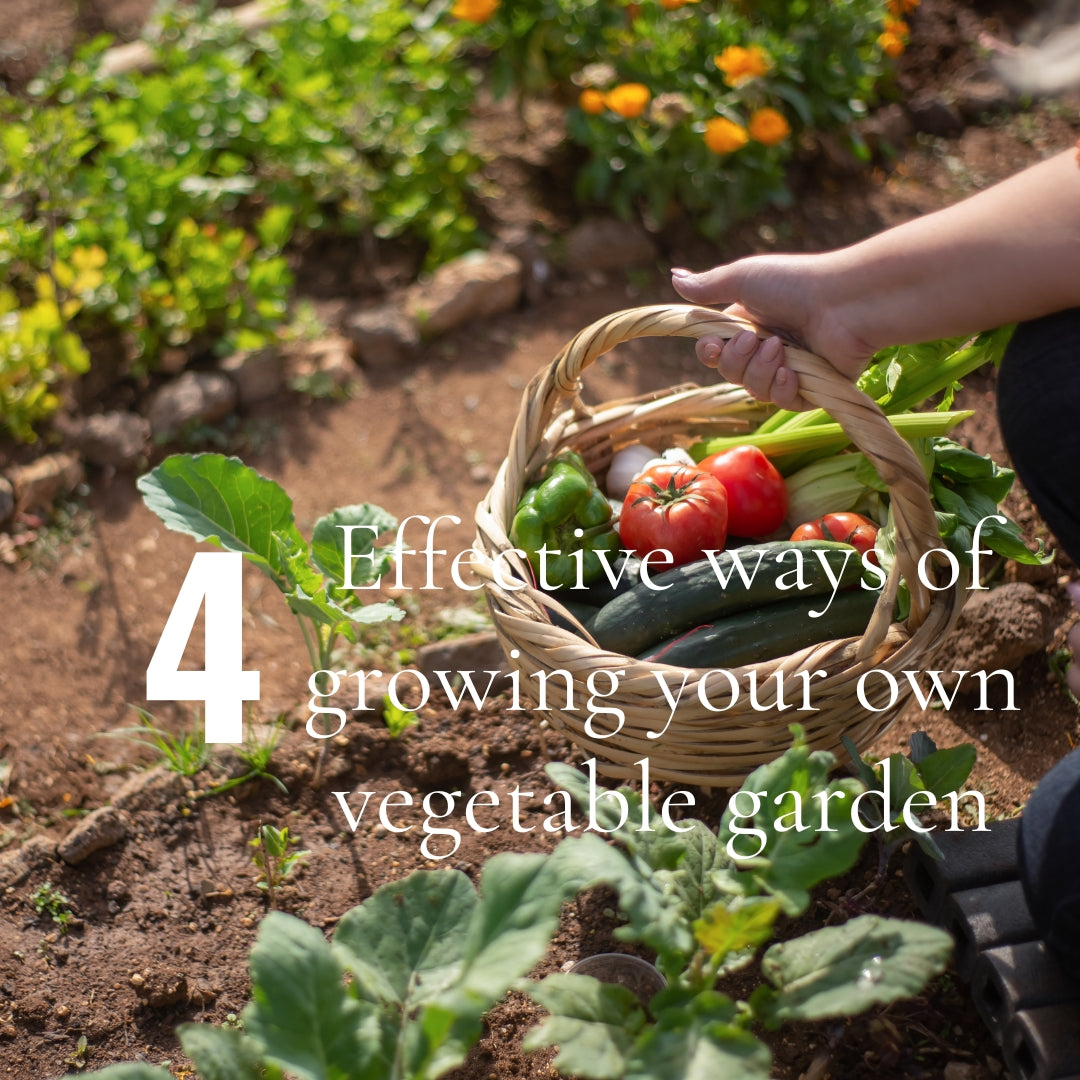Cultivating vegetables and harvesting them in your own garden is really an enjoyable and exciting experience. This will offer you the best reward for your effort for spending your leisure time in a useful and resourceful way. All you need to start creating your own garden is a fertile soil and some vegetable seeds or plants. Additionally, to develop your organic garden in a healthy way, you need to consider some vital factors. Some of these important factors include:
- Make the most of the organic garden composts
If your soil is fertile and healthy, you have no need to use fertilizers. Still, if you use an organic fertilizer, it will make the plants grow faster and will offer you a finer yield. You can look for some easily available organic fertilizers, such as well-decayed animal dung from plant-consuming critters, such as horses, rabbits,chickens, sheep, etc. You can also buy a quality packed organic manure online, or use the dung from food waste.
- Practice rotating the crops
This means that change the area of planting your crops every year. This is for the reason that planting the same vegetables in the same area of the garden will have more chances of suffering from plant diseases. This will affect the quality as well as the taste of the vegetables, as well. Therefore, participate actively in crop rotation by trying to plant the crops in dissimilar spots of your garden every year.
- Use as much as organic mulch and soil as possible in your garden
Organic soil plays a vital role in keeping your garden both healthy, as well as organic, through which you can harvest healthy vegetables. The majorelement of organic soil is organic substance, such as manure,compost, or peat moss. Any appropriatelypreparedmanurewill contain bacteria of the preceding plant life, which will nourish your vegetable plants the required nutrients. Covering the organic soil with mulch will not only prevent the growth of weeds, but it will also protect your plants from diseases.
- Have better control over the wild plants in your garden
This will not only save much of your vegetables in your garden, but it will also offer the required water and other nutrients to your vegetable plants. This is because during watering your plants, weeds will not only absorb some water on their part, but they will also spread some diseases to your plants from them, thus offering fewer amounts of water and nutrients to your plants.
Even though vegetable gardening can be worthwhile, there is an art to performing it well. There is a heap of good information and suggestion, as well, from other professional and experienced gardeners to make your organic garden a healthier one. Make the most of those suggestions and information to have a successful organic garden.






